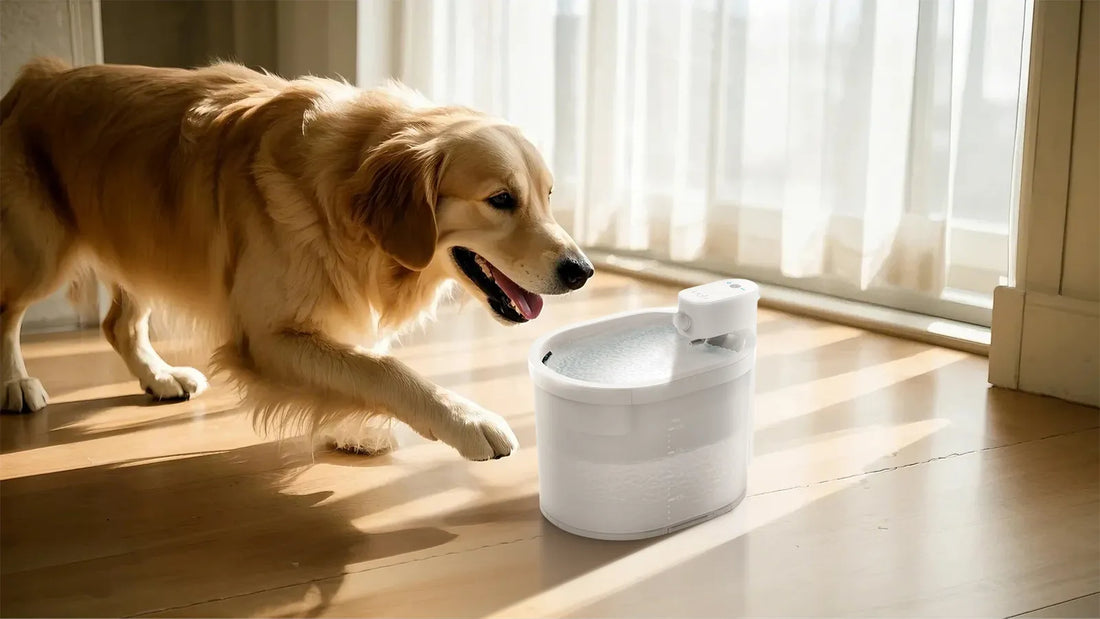When your cat won't eat or drink water, it can be a cause for serious concern. Cats are known for their independence, but sudden changes in their eating or drinking habits often signal underlying issues. Understanding the reasons behind this behavior and taking appropriate action can make all the difference in your cat's health and well-being.
Common Reasons Why a Cat Won't Eat or Drink Water
There are several potential reasons why your cat might refuse food or water. These can range from minor issues to more serious health conditions. Below are some of the most common causes:
1. Stress or Anxiety
Cats are sensitive creatures, and changes in their environment can lead to stress or anxiety. Moving to a new home, introducing a new pet, or even rearranging furniture can disrupt their routine and cause them to stop eating or drinking.
2. Dental Problems
Dental issues such as tooth decay, gum disease, or oral injuries can make eating or drinking painful for your cat. If your cat shows signs of discomfort while chewing or avoids food altogether, a dental checkup is essential.
3. Illness or Infection
Underlying illnesses, such as kidney disease, liver problems, or infections, can lead to a loss of appetite and dehydration. If your cat exhibits other symptoms like lethargy, vomiting, or diarrhea, consult a veterinarian immediately.
4. Food or Water Preferences
Cats can be picky eaters. If you've recently changed their food or water source, they might refuse to eat or drink. Ensure that their food and water are fresh and appealing to their preferences.
What to Do If Your Cat Won't Eat or Drink Water
If your cat is refusing food or water, it's important to act quickly. Here are some steps you can take to address the issue:
1. Monitor Their Behavior
Keep a close eye on your cat's behavior and note any additional symptoms. This information can help your veterinarian diagnose the problem more accurately.
2. Offer Fresh Food and Water
Ensure that your cat's food and water are fresh and clean. Cats are more likely to eat and drink if their bowls are free from contaminants and odors.
3. Try Different Food Options
If your cat is being picky, experiment with different types of food. Wet food, for example, can be more appealing and hydrating than dry kibble.
4. Create a Calm Environment
Reduce stress by providing a quiet and comfortable space for your cat. Avoid sudden changes in their environment and give them time to adjust.
5. Consult a Veterinarian
If your cat continues to refuse food or water, or if they show signs of illness, seek professional help. A veterinarian can perform tests and recommend appropriate treatment.
Preventing Future Issues
Prevention is key to ensuring your cat stays healthy and hydrated. Here are some tips to help avoid future problems:
1. Maintain a Consistent Routine
Cats thrive on routine. Stick to a regular feeding schedule and avoid sudden changes in their diet or environment.
2. Provide Clean Water
Ensure your cat always has access to fresh, clean water. Consider using a water fountain to encourage drinking.
3. Regular Veterinary Checkups
Schedule regular checkups to monitor your cat's health and catch potential issues early.
4. Monitor Their Diet
Pay attention to your cat's eating habits and adjust their diet as needed. A balanced diet is essential for their overall health.
5. Reduce Stress
Create a stress-free environment by providing plenty of hiding spots, toys, and attention. A happy cat is more likely to eat and drink regularly.
When your cat won't eat or drink water, it's natural to feel worried. However, by understanding the potential causes and taking proactive steps, you can help your feline friend regain their appetite and stay hydrated. Remember, early intervention is crucial, so don't hesitate to seek professional advice if needed. Your cat's health and happiness are worth the effort!













